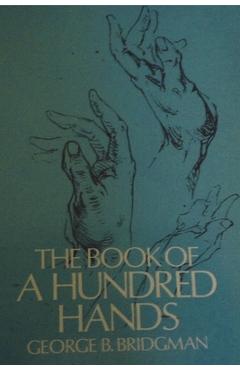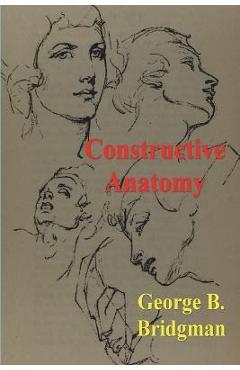Heads, Features and Faces - George B Bridgman

Detalii Heads, Features and Faces -
libris.ro
38.78 Lei
43.09 Lei
Art
George B. Bridgman
Heads, Features and Faces - - Disponibil la libris.ro
Pe YEO găsești Heads, Features and Faces - de la George B. Bridgman, în categoria Art.
Indiferent de nevoile tale, Heads, Features and Faces - George B Bridgman din categoria Art îți poate aduce un echilibru perfect între calitate și preț, cu avantaje practice și moderne.
Preț: 38.78 Lei
Caracteristicile produsului Heads, Features and Faces -
Comandă Heads, Features and Faces - Online, Simplu și Rapid
Prin intermediul platformei YEO, poți comanda Heads, Features and Faces - de la libris.ro rapid și în siguranță. Bucură-te de o experiență de cumpărături online optimizată și descoperă cele mai bune oferte actualizate constant.
Descriere magazin:
Certainly one of the most difficult, often neglected areas of art study is the correct rendering of heads, features, and faces. This volume, prepared by an expert in the field, is devoted exclusively to just that. With its clear, concise text, its almost 200 excellent illustrations, and its overall life-drawing approach, the book provides valuable guidelines on how best to portray faces, features, and heads. There is probably no better instructor to turn to than George B. Bridgman. He brings to the subject both his expertise as an artist and his fifty years\' experience as lecturer and teacher at the Art Students League of New York. Throughout the book, he places as much emphasis on perspective and planes as on anatomy. In this way, you\'ll develop a more precise understanding of each feature, the head and face in general, the relationship between features, and the relationship between a specific feature and the face or head. Mr. Bridgman\'s consideration of the head includes such topics as the head at eye level and below eye level; planes of the head; and round and square forms. Four features -- eye, nose, mouth, ear -- are dealt with in detail. Sections on light and shade, comparative measurements, and principles of cube and oval construction further enhance the scope of the book. The finely executed drawings complement the textual material, illustrating all important concepts. Of special value is the author\'s inclusion of the work of famous portrait artists. Vermeer, Hals, Rembrandt, Reynolds, Louise Elisabeth LeBrun -- these are the people who made portraiture a master art; and you\'ll be able to study, up close and at your leisure, the qualities that let their work achieve the status it did.

Produse asemănătoare
Produse marca George B. Bridgman

Heads, Features and Faces (Dover Anatomy for Artists) - George B. Bridgman
![]() libris.ro
libris.ro
Actualizat in 28/10/2025
163.3 Lei



